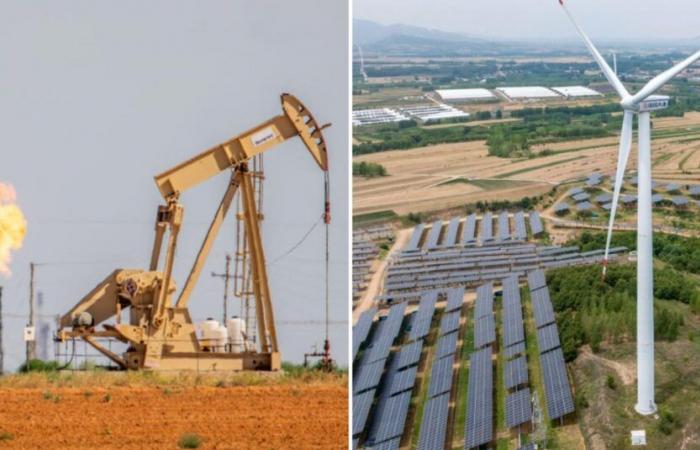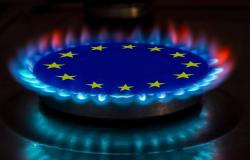BP, Shell, Equinor… the European oil giants are reviewing their renewable energy projects and (for some) their CO2 emissions reduction targets. How can we explain this phenomenon, and why could this flashback be a trap?
Announced with great fanfare just a few years ago, the renewable energy projects of European oil giants are now in trouble. They had launched these projects to diversify their activities and reduce their carbon footprint, by gradually reducing oil and gas production. But today they are returning to their objectives.
BP, Shell, Equinor…
This is particularly the case at BP. The British company announced in 2020 to reduce its oil production by 40%, for 2030, and to rapidly increase the production of renewable energy. But in February 2024, the objective was revised to 25%. In October, it simply canceled it and launched new oil operations. It also wants to sell its solar and wind energy department. 18 hydrogen projects paused and workforce cut in half, reports Reuters.
Similar story at Shell. Floating wind and hydrogen projects have been scaled back, as have the targets for reducing greenhouse gas emissions. The company has also withdrawn from the electricity markets in Europe and China (except for electric vehicle charging stations). She also wants to sell Select Carbon, an Australian company that develops agricultural solutions to offset CO emissions.2. And Dutch justice also ruled in favor of Shell on appeal last week: the group must no longer accelerate its emissions reductions.
The Norwegian Equinor, Europe’s number 1 gas supplier since 2022, recently announced that it was reviewing certain low-carbon energy projects and reducing its investments in renewables. But he bought a stake in wind power giant Orsted, instead. The company has not reduced its emissions reduction targets, however.
Why this step back?
How can we explain this revision of the projects? One of the elements is competition. These projects are expensive and do not always make money. And this while the Americans, like Chevron or Exxon Mobil, invest much less in alternative energy and rely above all on fossil fuels. European companies therefore find themselves at a disadvantage. Their stock price suffers, and the gap with competitors widens. In these announcements of revised plans, companies have also placed emphasis on valuation and on the fact that they want to regain investor confidence.
The shock of the war in Ukraine on energy markets is another element favoring this trend. The world suddenly realized what it’s like to fear running out of gas. Which makes him even more afraid of moving away from fossil fuels and the intermittency of renewable energies.
But this step back could in any case raise questions. In terms of global warming, of course, but even beyond. First, is it feasible? This is what internal BP sources are wondering. The company had laid off many people from fossil fuel divisions as part of its 2020 energy transition plans. They are therefore wondering whether the giant has enough engineers to quickly restart and expand activities. Second, is it viable? The fossil may be resisting today, in the short and medium term. But in the longer term, it should lose its influence, with the growing share of electricity (electric cars, heat pumps, renewable energy, etc.). The international agency expects 2030 to be peak oil. In this scenario, betting everything on oil would be a losing bet.
Not for everyone
These companies are returning to their objectives, but this is not the case for other players in the field. The French Total Energies, for example, continues on its trajectory. It continues to invest in renewables, and its installed capacity is now more than 14 GW, recalls Reuters. In 2021, it was 4 GW. For Shell and BP, it increased from approximately 2 to 3 GW during the same period.






